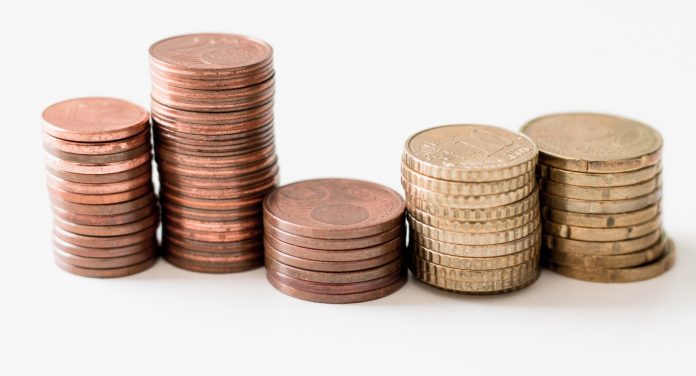- Pound (GBP) rises for a second session
- UK economic calendar is light
- Euro (EUR) slips after weak German retail sales
- Eurozone PPI data in focus
The Pound Euro (GBP/EUR) exchange rate is pushing higher on Thursday extending gains from the previous session. The pair settled +0.04% higher on Wednesday at €1.1730 towards the low of the day. At 09:45 UTC, GBP/EUR trades +0.20% at €1.1751.
The Pound managed to eek out a small gain in the previous session despite manufacturing activity in November being downwardly revised. The final reading for the manufacturing PMI fell to 58.1, down from an initial reading of 58.2. This was still above October’s reading of 57.8. The level 50 separates expansion from contraction.
The data revealed that the sector continued to perform well despite input costs surging higher. The measure of factory costs rose to the highest level since 1992 amid the ongoing supply chain issues across the globe.
Today the UK economic calendar is quiet. Omicron headlines could drive movement in sterling.
The Euro came under pressure on Wednesday following disappointing data. German retail sales slumped by more than analysts were expecting in October. Retail sales fell by -2.9% year on year, down from a 0.6% decline in September and well below forecasts of -2%.
Surging inflation in Germany is deterring consumers. Inflation in the eurozone’s largest economy jumped to 5.2% in October, its highest level in almost 30 years. Inflation is expected to continue rising and Germany is also suffering from its fourth wave of COVID so sales aren’t expected to pick up in the coming months.
In addition to weak retail sales, Eurozone manufacturing activity was also downwardly revised in November to 58.4 down from 58.6 in the initial reading. Although this was slightly up from October’s 58.3. Activity in the sector remains strong although there are growing concerns over rising input costs.
Today attention will remain on the Eurozone inflation with the release of producer price data which measures inflation at wholesale level. PPI is expected to jump 19% year on year in October, up from 16% in September. A high reading will pile pressure on the ECB to tighten monetary policy.





